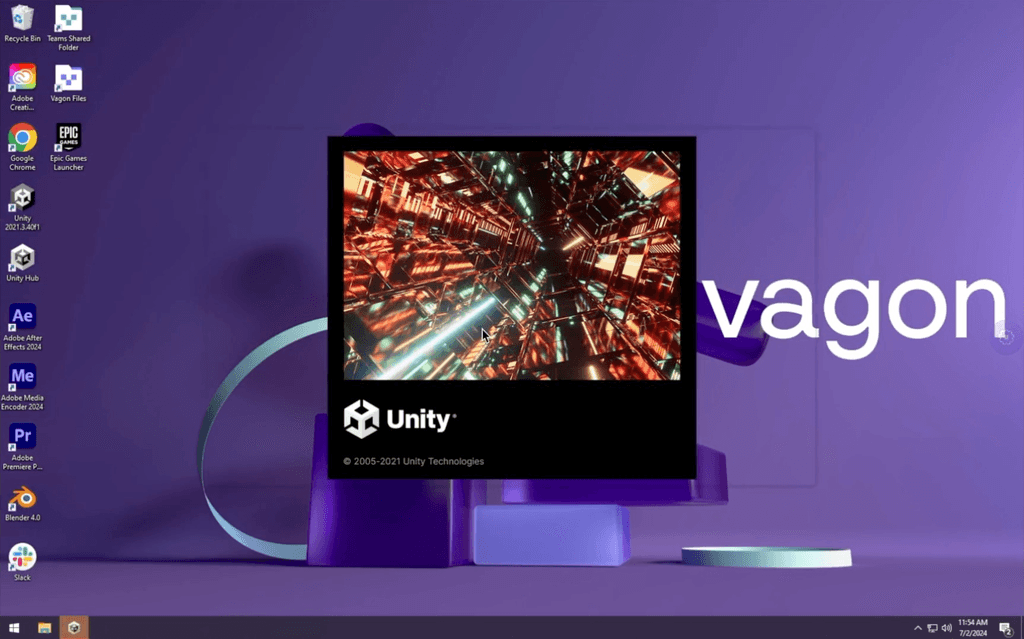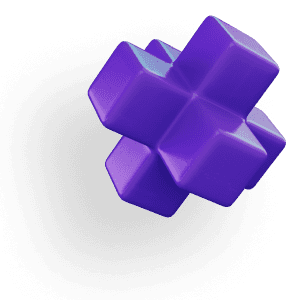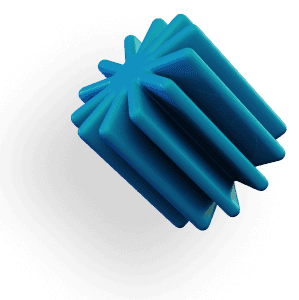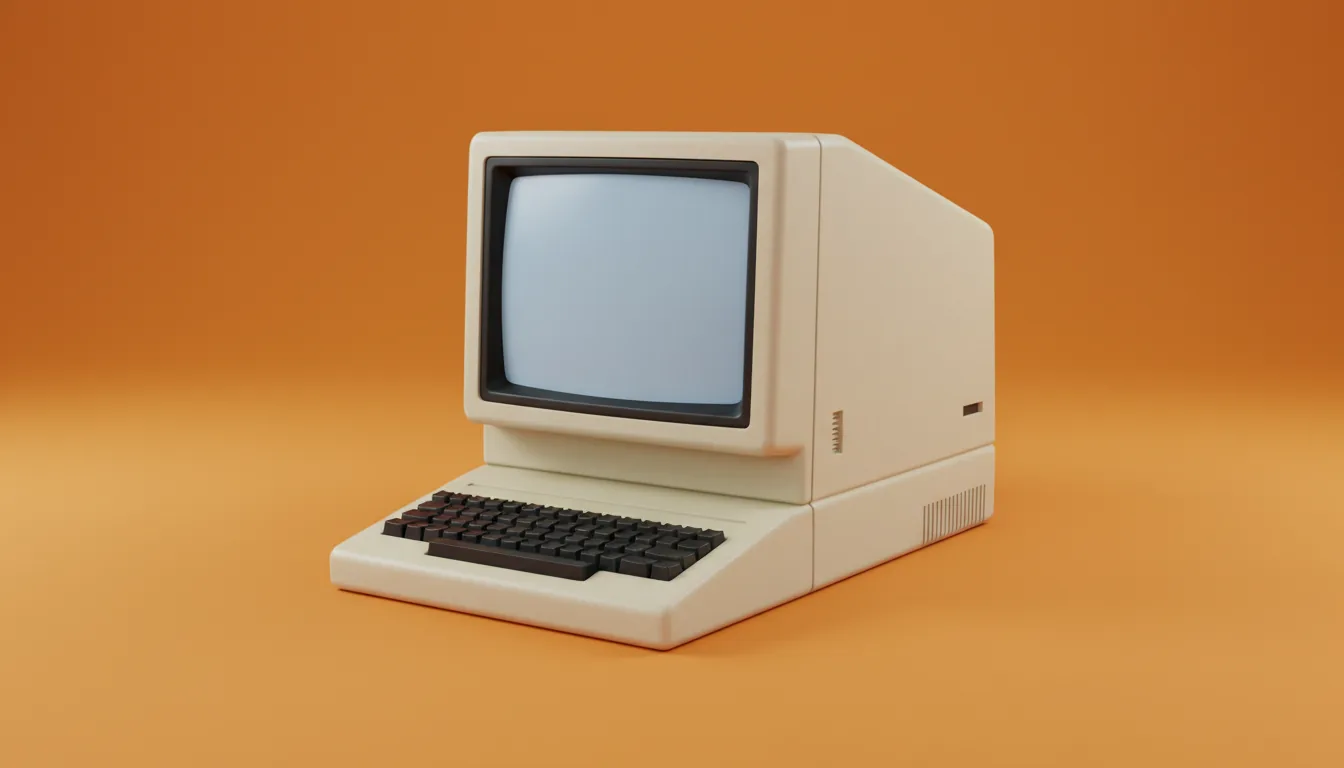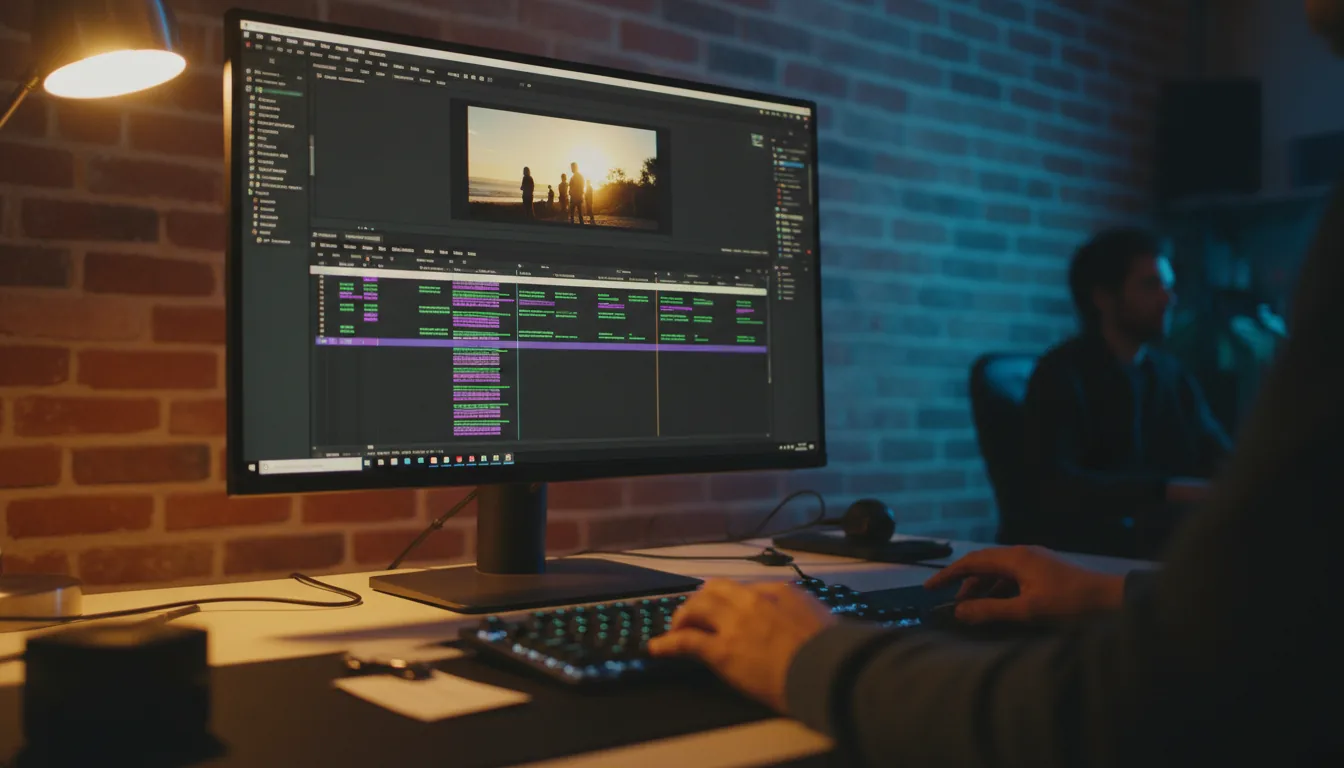HOW TO USE GPU
Unity Editor (v.2019-)
Unity is a flexible development platform used for creating 3D, 2D, VR, and AR experiences. From game development to simulations, it benefits significantly from GPU-accelerated rendering and RTX-based ray tracing. Using these advanced GPU features can improve lighting, rendering, and overall scene performance, especially in complex 3D projects.
How to Enable GPU and RTX Accelerated Ray Tracing in Unity
Install Unity Hub and Unity LTS

Download Unity Hub from the Unity Store and install the latest Long-Term Support (LTS) version.
Create a New 3D Project
Launch Unity Hub and start a new 3D project.
Enable GPU Lightmapping

In Unity Editor, go to Window > Rendering > Lighting Settings.
Scroll down and set the Lightmapper to Progressive GPU (Preview) to enable GPU-based lightmapping for faster rendering.
Enable RTX Denoising

Under both Direct Denoise and Indirect Denoise, choose OptiX (for NVIDIA RTX GPUs) to enable AI-driven denoising, improving the visual quality of your lightmaps.
Auto-Generate Lightmaps
Ensure Auto Generate is enabled at the bottom of the Lighting Settings window for continuous lightmap updates as changes are made.
These steps allow Unity to use your GPU for faster rendering, especially with advanced features like ray tracing and denoising, improving both development speed and final visual quality.
Top Tips to Speed Up Unity Performance
Use Progressive GPU Lightmapper
The Progressive GPU Lightmapper significantly reduces baking times, especially for complex scenes. Ensure you have a compatible high-end GPU to get the most out of this feature.Adjust Lightmap Resolution
Lowering the resolution or sample rate of your lightmaps during development can speed up rendering times, allowing for quicker iteration.Optimize Scene Geometry
Simplifying scene geometry by reducing polygon counts or using LOD (Level of Detail) can lessen the load on your GPU, improving overall rendering speed.Keep GPU Drivers Updated
Regularly updating your GPU drivers ensures you have the latest optimizations for performance, especially for RTX ray tracing and lightmapping features.
Unity Editor System Requirements for Windows:
Operating System: Windows 10 version 21H1 (build 19043) or newer (64-bit versions only).
Processor: X64 architecture with SSE2 instruction set support.
Graphics API: DX10, DX11, DX12-capable GPUs.
Additional Requirements: Hardware vendor officially supported drivers.
Unity Editor System Requirements for macOS:
Operating System: Big Sur 11.0 or newer.
Processor: X64 architecture with SSE2 instruction set support (Intel processors) or Apple M1 or above (Apple silicon-based processors).
Graphics API: Metal-capable Intel and AMD GPUs.
Additional Requirements: Apple officially supported drivers (Intel processor). Rosetta 2 is required for Apple silicon devices running on either Apple silicon or Intel versions of the Unity Editor.
Unity Editor System Requirements for Linux:
Operating System: Ubuntu 22.04, Ubuntu 24.04.
Processor: X64 architecture with SSE2 instruction set support.
Graphics API: OpenGL 3.2+ or Vulkan-capable, Nvidia and AMD GPUs.
Additional Requirements: Gnome desktop environment running on top of X11 windowing system, Nvidia official proprietary graphics driver, or AMD Mesa graphics driver. Other configuration and user environment as provided stock with the supported distribution (Kernel, Compositor, etc.).
Please note that actual performance and rendering quality may vary depending on the complexity of your project. For all operating systems, the Unity Editor is supported on workstations or laptop form factors running without emulation, container, or compatibility layer.
Recommended GPUs for Unity and Ray Tracing
For the best GPU performance in Unity, especially when using ray tracing or GPU lightmapping, here are some top recommendations:

NVIDIA GeForce RTX 4090
Ideal for heavy-duty rendering and real-time ray tracing in Unity. This GPU is best suited for large-scale projects with complex lighting and materials.NVIDIA GeForce RTX 3080
Offers a solid balance of performance and cost, great for developers needing smooth rendering and GPU acceleration for medium to large projects.NVIDIA GeForce RTX 3060 Ti
A cost-effective option for smaller teams or independent developers, delivering good performance for lightmapping and ray tracing in 1080p or 1440p projects.AMD Radeon RX 6800
A viable option for developers preferring AMD, offering decent GPU performance for lightmapping and rendering, although NVIDIA typically outperforms with ray tracing.
Optimizing your hardware setup, alongside Unity's built-in features, can significantly reduce iteration times and improve project quality.
Enjoy Faster Renderings and Workflow with Vagon
When the goal is to cut down rendering times and speeding up your workflow, every second saved is a victory. But what if you could do more than just save a few seconds?
With Vagon’s cloud PCs powered by 48 cores, 4 x 24GB RTX-enabled NVIDIA GPUs and 192GB of RAM, work on your projects faster than ever. It’s easy to use, right in your browser. You can transfer your workspace and files in just a few clicks and try it yourself!
